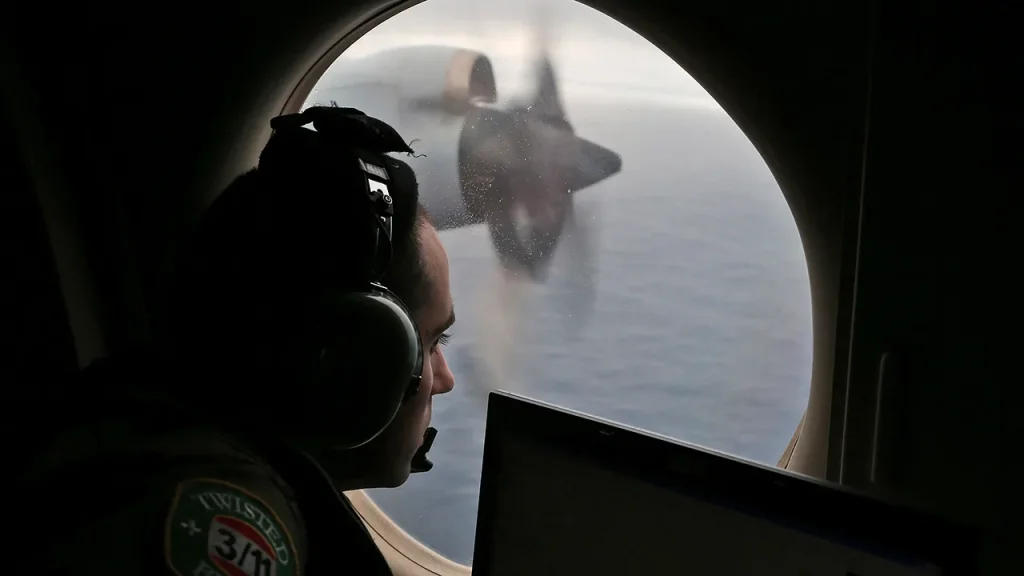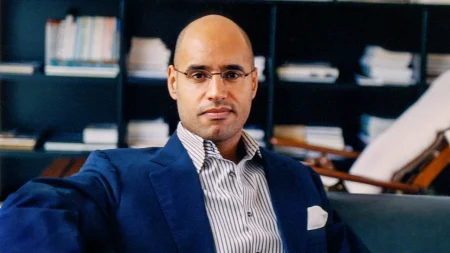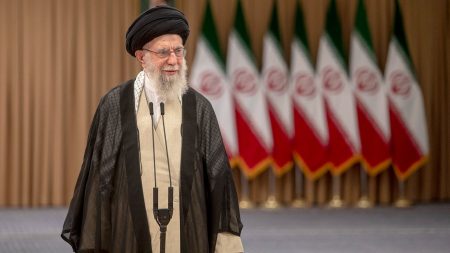The Malaysian government, driven by a renewed commitment to uncover the fate of Malaysia Airlines Flight MH370 and provide closure to the families of the 239 people onboard, has agreed in principle to a second “no find, no fee” search proposal from Ocean Infinity, a Texas-based marine robotics company. This decision, reached during a cabinet meeting, marks a significant step in the ongoing quest to solve the mystery surrounding the aircraft’s disappearance over a decade ago. The new search, slated to commence in early 2025, will focus on a newly identified 15,000-square-kilometer area in the southern Indian Ocean, a region pinpointed based on the latest data analysis and expert consultations. This targeted approach leverages advancements in technology and refined search strategies developed since the previous unsuccessful attempt in 2018.
The tragic disappearance of MH370 on March 8, 2014, remains one of aviation’s most perplexing enigmas. The Boeing 777, en route from Kuala Lumpur to Beijing, vanished from radar shortly after takeoff, leaving investigators and families grappling with unanswered questions. Satellite data indicated a deviation from the planned flight path, suggesting a course towards the vast expanse of the southern Indian Ocean, where it is presumed to have crashed. Despite extensive multinational search efforts, the main wreckage remained elusive, leaving a void of concrete answers and perpetuating the anguish of those who lost loved ones.
The initial search, a massive undertaking involving multiple countries and significant resources, yielded no definitive location of the aircraft. While debris confirmed to be from MH370 washed ashore on the coasts of East Africa and islands in the Indian Ocean, the primary wreckage site remained undiscovered. Ocean Infinity’s first attempt in 2018, utilizing advanced underwater autonomous vehicles, also proved unsuccessful, further compounding the mystery. The renewed endeavor, however, carries a sense of optimism, fueled by technological advancements and refined search methodologies.
The “no find, no fee” structure of the agreement underscores the contingent nature of the search and the financial risks involved. Ocean Infinity will receive $70 million only if significant wreckage is located, highlighting the challenging nature of the underwater search and the inherent uncertainty surrounding the aircraft’s precise location. This agreement minimizes the financial burden on the Malaysian government while incentivizing Ocean Infinity to deploy its cutting-edge technology and expertise in the pursuit of a successful outcome. The projected timeframe for the search, between January and April 2025, is strategically chosen to capitalize on optimal weather conditions in the southern Indian Ocean, maximizing the chances of success.
Ocean Infinity’s renewed commitment stems from advancements in their technology and analytical capabilities since the 2018 search. The company has reportedly refined its underwater autonomous vehicles and data analysis techniques, enabling a more targeted and efficient search. Collaboration with experts in various fields has further honed their understanding of the potential crash site, leading to the identification of the new search area. This collaborative approach combines technological prowess with expert knowledge, increasing the likelihood of finally locating the missing aircraft.
The Malaysian government’s decision to proceed with the renewed search reflects a persistent dedication to resolving the MH370 mystery and providing closure to the families. The ongoing absence of concrete answers has left a deep wound, and the renewed search offers a glimmer of hope for uncovering the truth and bringing a sense of resolution. While the outcome remains uncertain, the commitment to continue the search embodies a steadfast pursuit of answers and a testament to the enduring importance of bringing closure to this tragic chapter in aviation history. The search for MH370 is not merely a quest for wreckage; it represents a pursuit of understanding, a commitment to accountability, and a profound respect for the lives lost.















